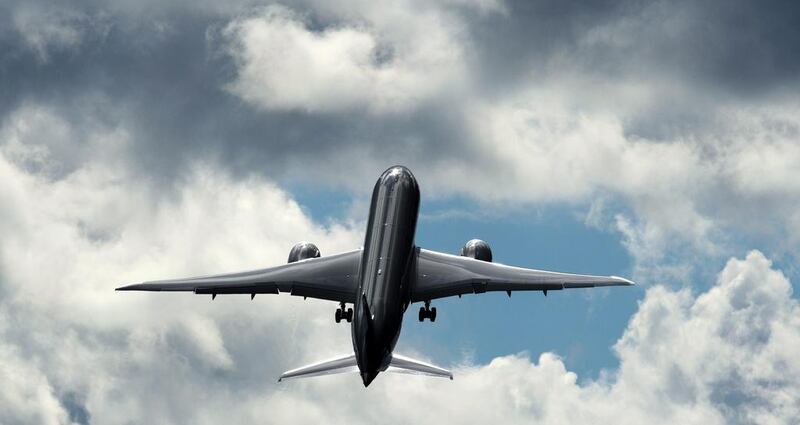The International Air Transport Association (Iata) urged governments to "act faster" to provide financial relief for Middle East and Africa airlines, who face passenger revenue losses of $23 billion (Dh84.48bn) due to the Covid-19 outbreak.
Governments should prioritise airlines as part of their economic stimulus packages to ensure their survival as the aviation industry will play a vital role in helping rebuild economies after the crisis, Muhammad Al Bakri, Iata's regional vice president for Africa and the Middle East, told reporters during a virtual press conference on Thursday.
"The industry is going through one of its darkest moments of history," he said. "My message to the governments that didn't act yet: put measures on the table and act now and act fast."
Middle East carriers' revenue losses are forecast to rise to $19bn this year, from $7.2bn on March 11, according to Iata estimates. Some countries around the world have stepped in to help their airlines, including US carriers that are set to receive about $60bn of state aid. On Tuesday, the Dubai government pledged financial support for Emirates, without specifying the amount, to help the world's largest long-haul airline cope with the impact from the coronavirus pandemic.
"We have seen good measures but we haven't seen the details we're looking for to give the airlines the support they need to bridge them through this crisis and participate in rebuilding the economy, Mr Al Bakri said.
Iata repeatedly called on governments to offer airlines direct financial support, loans, loan guarantees, support for the corporate bond market and tax relief.
"Failure to act will make the crisis longer and more painful," he said.
The coronavirus outbreak has virtually wiped out air travel demand as governments shut down borders or tighten travel restrictions. Cash-strapped airlines are struggling to pay for fixed costs and face a severe liquidity crisis.
Mr Al Bakri urged plane makers, industry suppliers and aviation regulators to be more flexible by waiving or postponing some charges for the airlines.
"The history of the airline business has never seen anything like this," he said.








